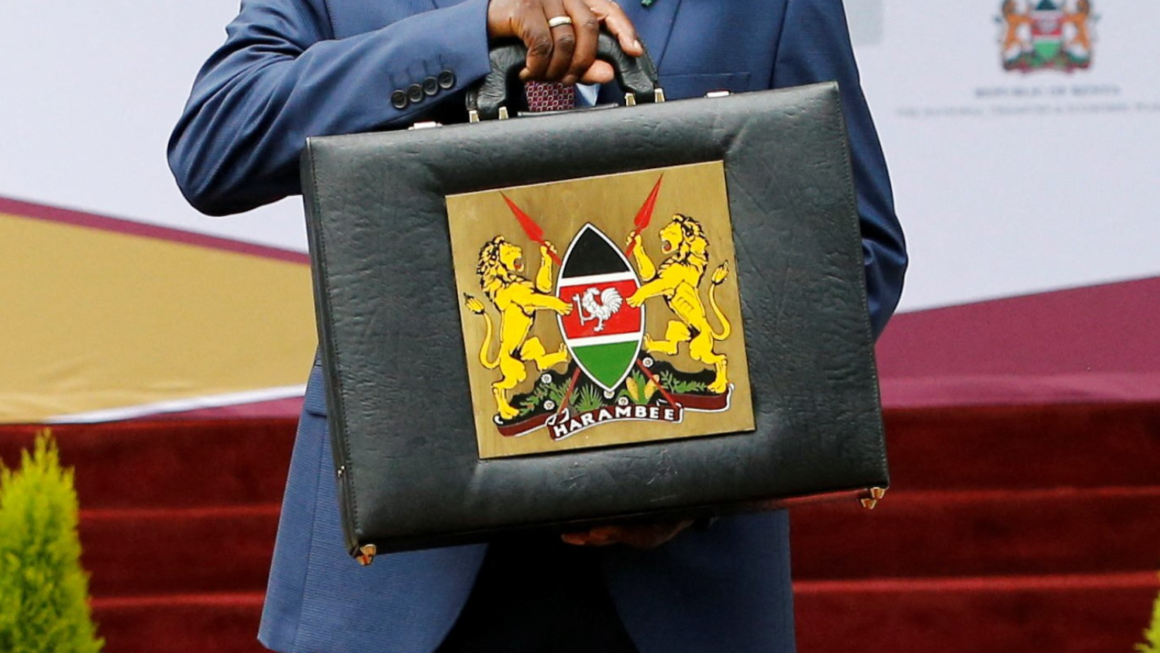The Finance Bill 2024, which revealed the government’s taxation plans for the next financial year, has sparked a huge debate in the country. One thing stands out: many Kenyans, including workers, churches, and business people, oppose it. According to a Poll by Infortrack, Kenyans say that the country is headed in the wrong direction, citing the taxes proposed in the Finance Bill. 63% of Kenyans are not happy with the tax regime and the state of the economy. Over 80% of Kenyans opposed the 16% VAT on basic commodities like bread, VAT on financial transactions, motor vehicle tax, and the disclosure of personal data for taxation purposes. The cost of doing business, high cost of living, and unemployment rates are major concerns for Kenyans in the Finance Bill. The Proposals in the Finance Bill risk putting Kenya at a high risk of job losses and an economic crisis as businesses threaten to exit the Kenyan market. More and More Companies Leaving Kenya Digital ride-hailing platforms such as Bolt and Uber have already threatened to leave the country over the Significant Economic Presence Tax (SEP) set at six percent. According to the platforms, if Parliament approves the SEP’s proposals, they will face unsustainable operational costs. Uber App SEP is meant to tax the income from multinational companies with a substantial economic presence in Kenya. The tax will be imposed on non-resident persons earning income from services rendered in Kenya through digital marketplaces. Uber and Bolt’s representatives argued that increased taxation would eat out their small earnings and affect even the drivers’ income. This would eventually lead to a total collapse of operations and job losses, which is not good for a country already struggling with high unemployment rates. Uber and Bolt are not the only companies that have threatened to leave the country. Many multinational companies, some of which have been in the country for over 60 years, are packing up and leaving. GlaxoSmithKline is one of the companies that had earlier announced that it would be exiting the Kenyan market due to the high cost of doing business. Bayer, a biotechnology company with over 200 employees in the country, also announced its departure. Procter and Gamble, a multinational manufacturer of home products, also made the heartbreaking announcement of leaving the country. An illustration of taxes going high According to the Kenya Association of Manufacturers, Kenya is still facing more job losses as taxation continues to hurt businesses in the country. But what is Kenya gaining from the high taxes that are worth driving away investors and causing massive job losses? Well, they argue that it’s the only way to save the economy, which is already on its deathbed.


